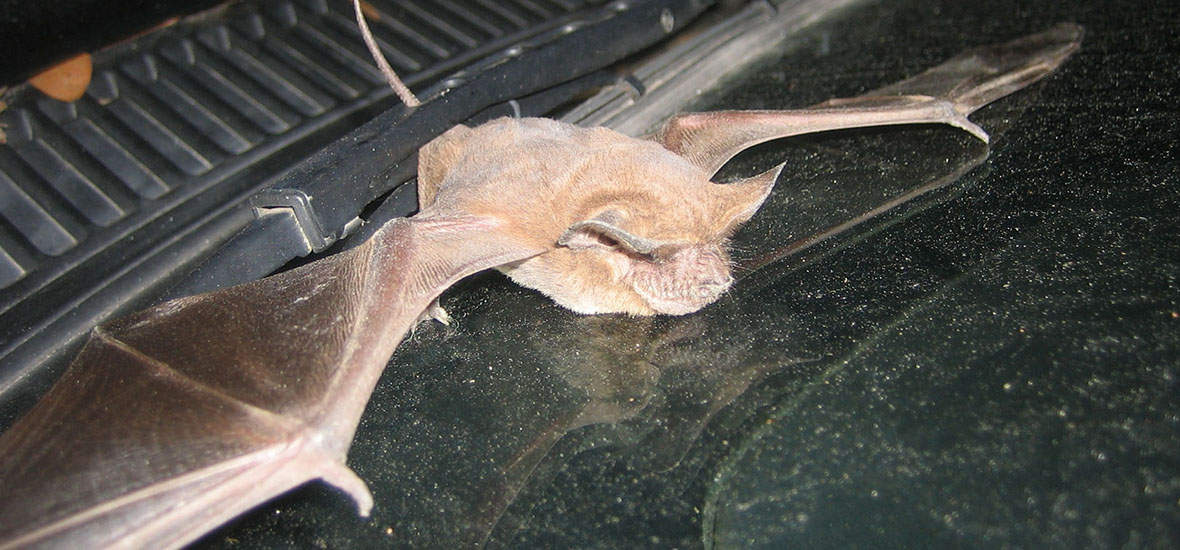- info@Carypestanimal.com
Call 24/7 for a free quote:
919-883-9313

Pest Animal Removal Cary - Wildlife Control
Welcome to Pest Animal Removal Cary! We are a wildlife removal company servicing Cary, NC. Hearing a wild animals scurrying around your attic in the middle of the night can be quite alarming. These animals can do a major amount of damage to your home, destroying old heirlooms, clothing, newspaper clippings, or other items you are storing in your attic area. They can also damage your property, chewing wires and ruining your insulation. Their urine and feces also poses a health risk to your family. You need someone who will get rid of these animals and do it quickly and humanely. Plus, you would love it if they would perform the repairs so your house can be back in order. This is exactly what we do. For over a decade we have effectively removed mammals, reptiles, and birds from people's homes. We inspect to find all entryways used, and provide professional grade repairs to keep them from getting back in. We provide you with a full written estimate upfront, see you know exactly what our services will cost, and there is no obligation. We encourage our clients to call around, but they are going to find that we are the best. Our price is comparable to our competitors, and we always provide the best service. Our staff is available 24 hours a day, seven days a week. If you are in need of assistance, call us today. Call us now at 919-883-9313 for your Cary wildlife control needs.
About Pest Animal Removal Cary and Our Services:
Same-day or next-day appointments.
Property inspections and in-attic inspections.
Humane wildlife trapping and exclusion.
Critter damage repair to your home.
We offer attic cleanup and sanitation services.
Licensed and insured in North Carolina
Poison-free Cary rodent control - rats and mice.
Complete removal of squirrels in the attic
Dead animal removal, inside and outside.
Cary snake removal and prevention.
Bird Removal and Prevention
We look forward to hearing from you!
Our Service Range

Our Service Range
Apex, Clayton, Fuquay-Varina, Garner, Holly Springs, Knightdale, Morrisville, Raleigh, Rolesville, Wake County, Wake Forest, Wendell, Zebulon, and more!Cary Wildlife Removal Tip of the Month: What Wildlife Rehabilitators Think and Do About Bat Rehabilitation!
The rehabilitation of the Cary bats is somehow complicated due to the fact that they are potential carrier of rabies. Bats that are active are rarely infected with rabies. In California alone, around 1/1000 bats are positive from the virus. The deaths that are associated with rabies are extremely rare. Although this is the case, not a lot of wildlife center is actually offering rehabilitation. The procedures that the rehabilitation centers are using with regards to bat rehabilitation is mostly produced through a system of trial and error.

The Job of the Wildlife Rehabilitators
As years go by, a great deal of knowledge has been accumulated that allows the North Carolina rehabilitators to advance the process of bat rehabilitation. Still, the procedure can be considered in its early phase. The rehabilitation center will assign a technician and an assistant to take care of the bats. They will have to be properly vaccinated. They would be the only people who will be responsible to handle the bat.
Rehabilitating the Cary Bats
When transferring the North Carolina bats, they may be handled by a technician that was not vaccinated. However, the whole process will be handled by the assigned person and his assistant. When the bat is being transported to the center, it should be placed in a cage that is escape-proof. In case the center do not have a veterinarian that will treat broken wings, and illness, the bats will then be transferred to a center that offers medical assistance.
Bats that are discovered at the ground by the rehabilitators will be considered as potential carrier of rabies. They will be alerted to the symptoms of CNS on bats. Although there are times that the symptoms will mimic the signs of other diseases, the bats that show signs of the disease will need to be euthanized. Rehabilitators are not allowed to provide them with health advices that concerns exposure to the virus. In case you are concerned about contracting the disease, you will have to seek the assistance of a medical professional. The bats should be released back in the wild after they have fully recovered.
Screening the Calls
It is essential that all the fundamental information about the finder will be gathered by the North Carolina rehabilitator. This may include the name, the address, and phone number of the caller. It should be well documented. The rehabilitator will need to inform the callers about the risk associated when having a direct contact with bats. They should provide them with the guidelines provided by the Animal Control and Department of Health.
The Cary rehabilitators are also responsible in evaluating the bats with the symptoms of rabies. They will be performing physical examination, and care while they are in captivity. For the infant bats, they will have to raise them until such time that they can be released back in the wild. For the bats that cannot be released, they will be euthanized. Other bats can act as a surrogate to the infant bats. Some rehabilitation center can also use these bats when providing education to the public.

